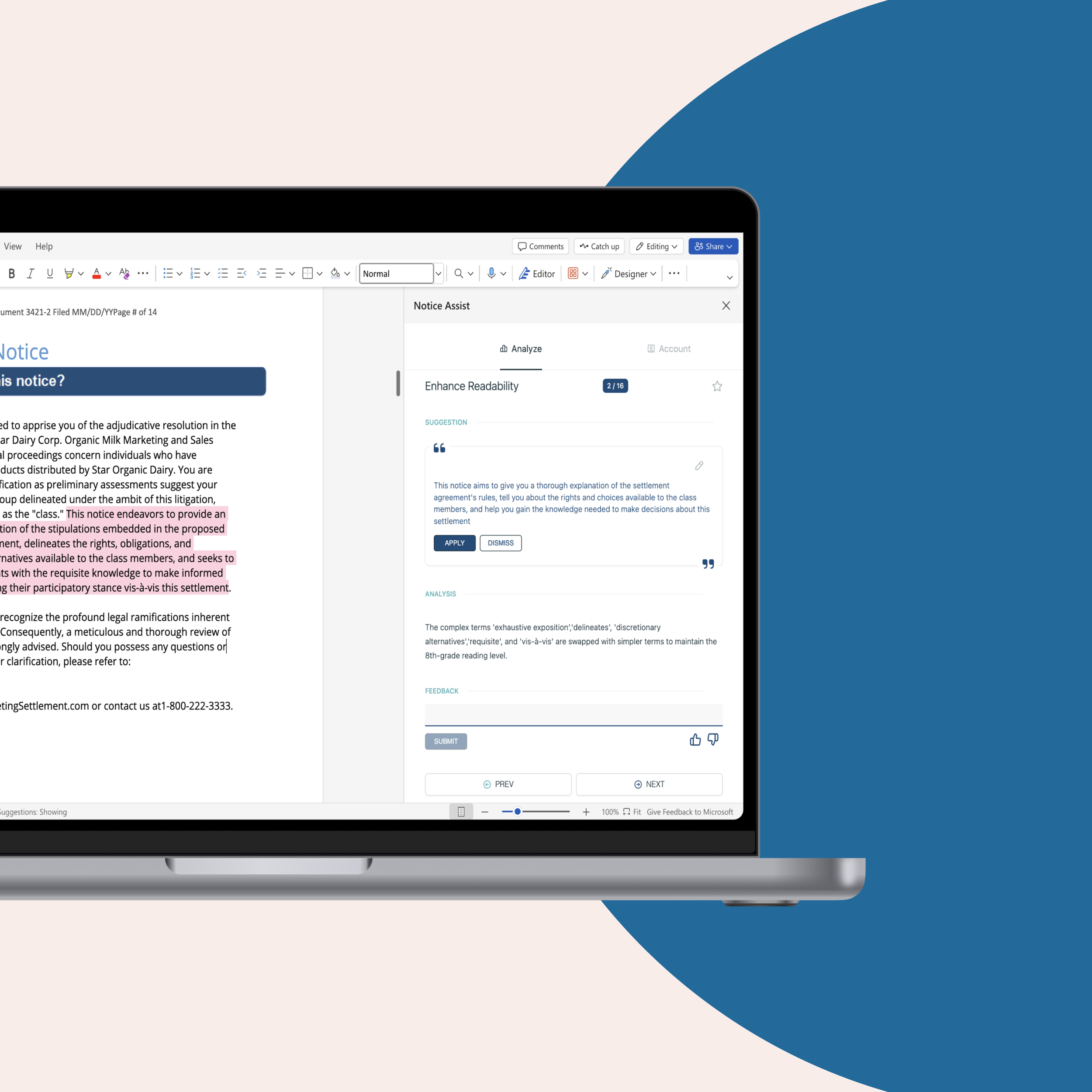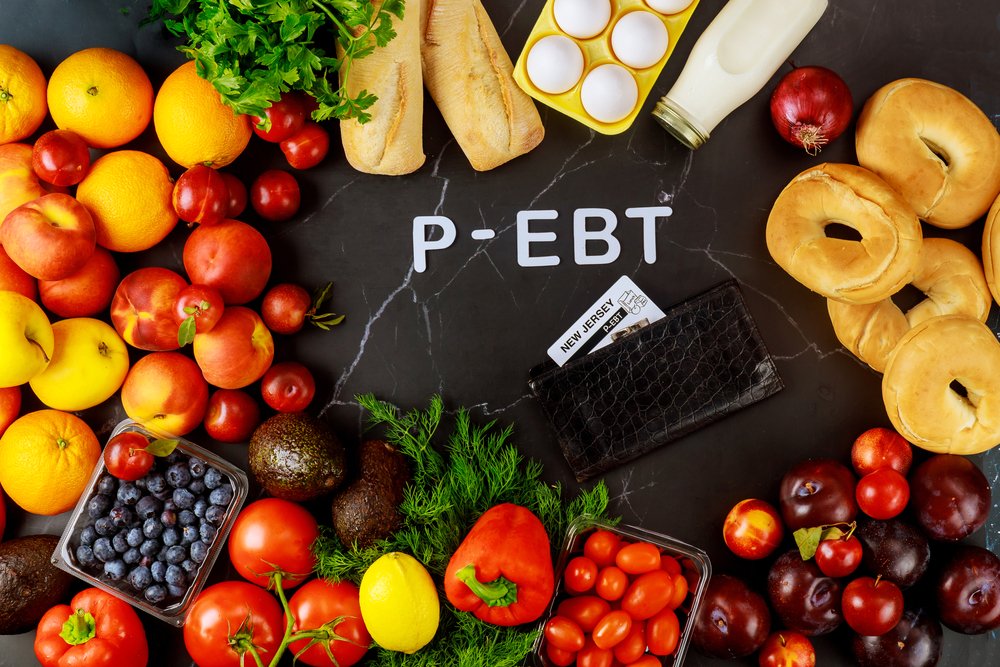Class Certification Does Not Require That Class Member Identification Be “Administratively Feasible."
Jocelyn D. Larkin, Executive Director, The Impact Fund.
Ninth Circuit Affirms that Cy Près Remedies May Be Used Where Class Members Cannot be Identified.
Most people do not retain receipts for the myriad of food items and inexpensive consumer goods that they purchase each year. But, should this entirely understandable fact of modern life provide a license to corporations to defraud consumers who buy these products? The Third Circuit’s 2013 decision in Carrera v. Bayer Corp., 727 F.3d 300, 306-08 (3d Cir. 2013), provided just that get-out-of-jail free card by prohibiting the use of the class action mechanism to challenge such fraud unless it could be shown that the injured consumers could be identified in some way other than through their own testimony.
The Carrera decision was rooted in – but greatly extended -- the “implied” requirement of Rule 23 that a class be defined in such a way that one could know who was in the class, sometimes called “ascertainability.” The Carrera decision was controversial because it imposed a threshold requirement that a class could only be certified if it was “administratively feasible” to identify the class members, i.e. through business records. This new hurdle has the effect of preventing class certification in the circumstances in which a class action is most needed -- where the small amount of the loss would never justify an individual lawsuit.
In Briseno v. Conagra Foods, 2017 WL 24618 (9th Cir. January 3, 2017), the Ninth Circuit expressly rejected the Carrera “administrative feasibility” requirement. In doing so, the Ninth Circuit joined the Sixth, Seventh and Eighth Circuits. See Rikos v. Procter & Gamble Co., 799 F.3d 497, 525 (6th Cir. 2015); Mullins v. Direct Digital, LLC, 795 F.3d 654 (7th Cir. 2015); Sandusky Wellness Ctr., LLC v. Medtox Sci., Inc., 821 F.3d 992, 995-96 (8th Cir. 2016).
The underlying case in Briseno, brought on behalf of consumers of Wesson oil, alleged that the product was falsely labeled “100% natural.” The district court had certified eleven statewide classes and defendant appealed the order. ConAgra argued that plaintiffs failed to show an administratively feasible way to identify class members, who do not generally save grocery receipts and would be unlikely to recall the details of individual purchases of low cost cooking oil.
The Ninth Circuit opinion (authored by Judge Friedland) began its analysis with the text of Rule 23. It observed that the plain language of Rule 23 enumerates the “prerequisites” for certification and, significantly, that list does not include administrative feasibility. Further, because the rule already includes a criterion mandating an assessment of manageability, imposing a separate administrative feasibility requirement would render that criterion “largely superfluous.” Finally, the panel noted that the Supreme Court has warned that district courts should not alter the requirements of the federal rules, which have been carefully crafted through the “extensive deliberative process” of the Civil Rules Committee.
As important as the Court’s reading of the text is its analysis (and debunking) of the four policy rationales underlying the Third Circuit’s Carrera decision. The panel’s analysis drew heavily on the Seventh Circuit’s opinion in Mullins, supra.
· Administrative Burden - While the Third Circuit expressed concern about mitigating the administrative burden of a Rule 23 case, the Briseno panel observed that that concern would be addressed as part of the manageability factor, and that the rule envisions a balancing of the costs and benefits of class treatment. If burden were considered “in a vacuum,” class actions for inexpensive products would inevitably fail “at the outset.”
· Protection of Absent Class Members – The Third Circuit reasoned that, if they could not be identified, class members would not receive individual notice of the case. The Briseno panel observed that Rule 23(c) does not require actual notice, only the best notice “that is practicable under the circumstances.” Other forms of notice, for example through publication, can satisfy Due Process. And, where class members cannot be located, district courts may distribute unclaimed funds consistent with “our court’s longstanding cy pres jurisprudence.” Finally, lack of notice would only matter if a class member planned to opt out and file an individual lawsuit, a highly unlikely event where losses are very small.
· Dilution of Recovery Resulting from False Claims – The panel also refuted the contention that, without written proof, illegitimate claims would dilute the recovery of legitimate ones. The court noted that, given the small size of recoveries, it is unlikely that anyone would risk a perjury charge for a tiny recovery. Claims administrators also have auditing techniques to ferret out such false claims. Finally, dilution is unlikely because typically the fund is not fully distributed.
· Due Process Rights of Defendants - The Third Circuit worried that a defendant would be denied an opportunity to dispute that a class member actually purchased the product. The Ninth Circuit rejected that rationale as well, underscoring that the defendant can challenge plaintiffs’ showing at every stage of the case, including at the claims stage. Further, where the case is one that permits the determination of aggregate liability to the class, defendant has no due process interest in the identity of class members (or possibly unreliable affidavits) since that information will not affect either its liability or the total amount of damages it owes.
The Briseno decision provides an important backstop for consumer class actions in the Ninth Circuit. The more interesting question is whether the U.S. Supreme Court will take up the circuit split with this or another case since, as the Briseno decision notes, even the Third Circuit has “cabined” the administrative feasibility rule in cases since Carrera.
UPDATE 03.18.19
Conagra Brands, Inc., filed a petition for writ of certiorari with the U.S. Supreme Court that was denied in October 2017. The parties reached a settlement in March 2019. Conagra has agreed to take the word "natural" off its labels and estimated the value of that at $27 million. The Ninth Circuit decision remains intact.
UPDATE 06.21.21
On June 1, 2021, the Ninth Circuit reversed approval of the consumer class settlement and clarified the standard for scrutinizing settlement agreements, including fee arrangements and the valuation of injunctions.











